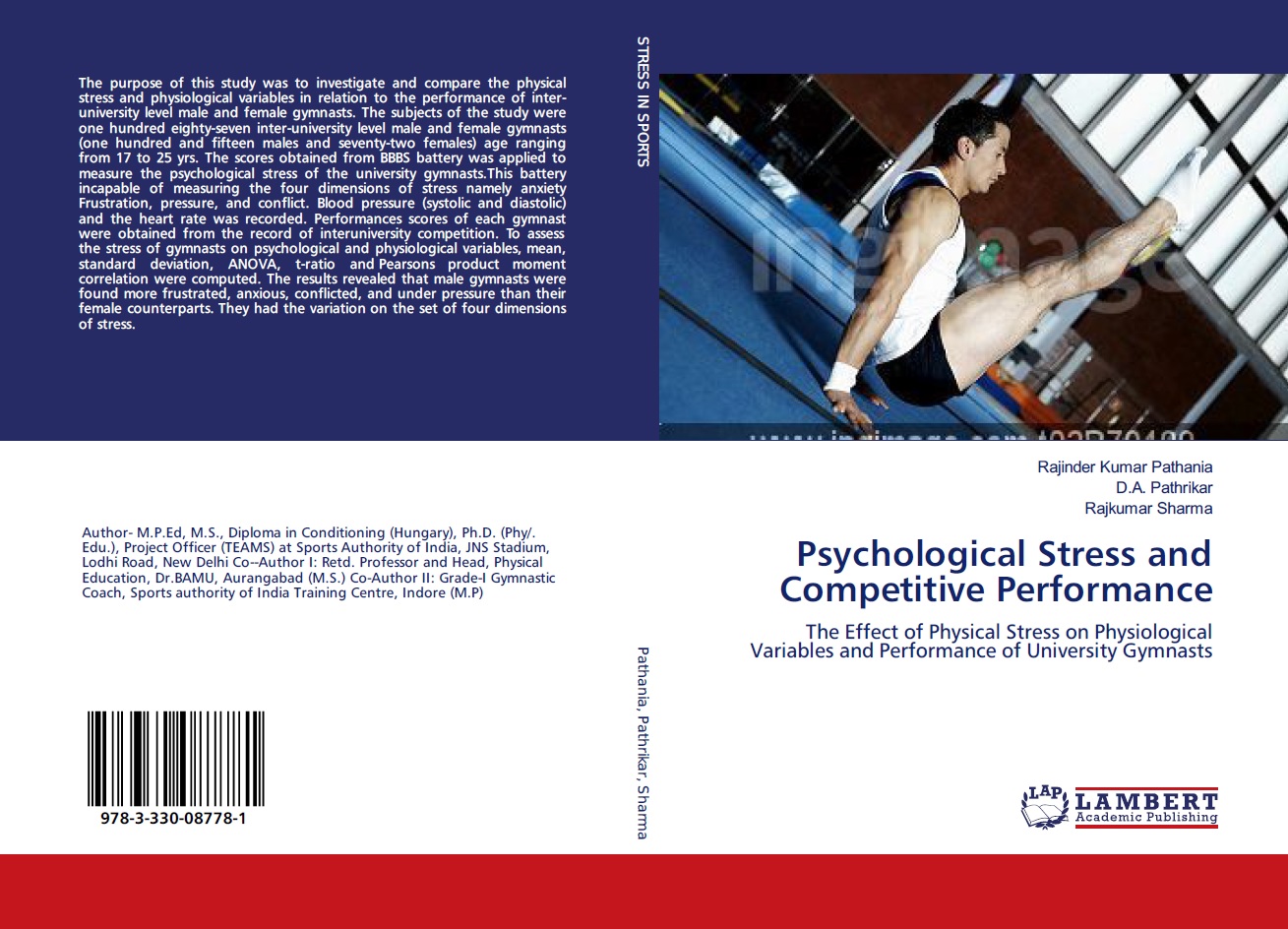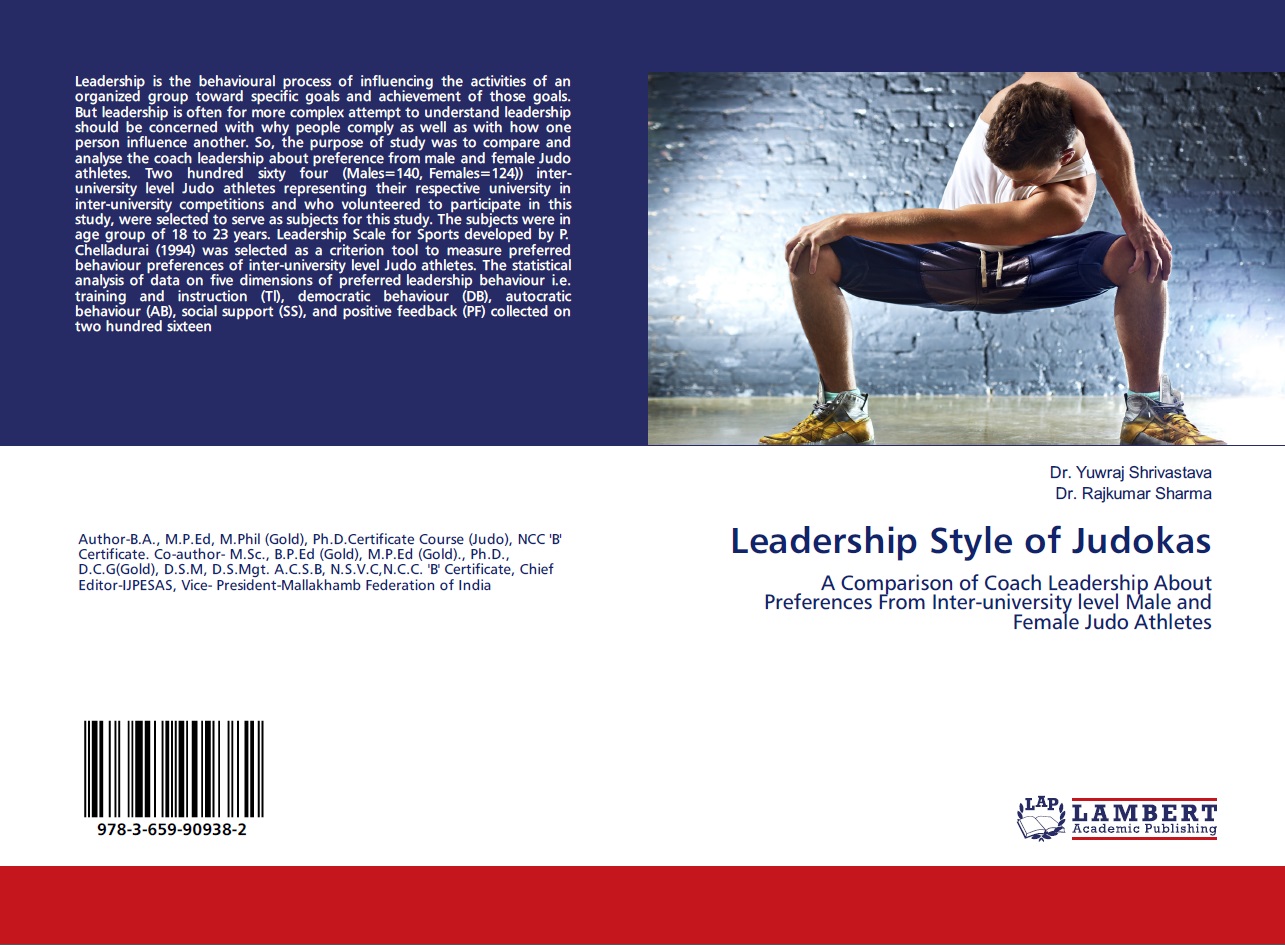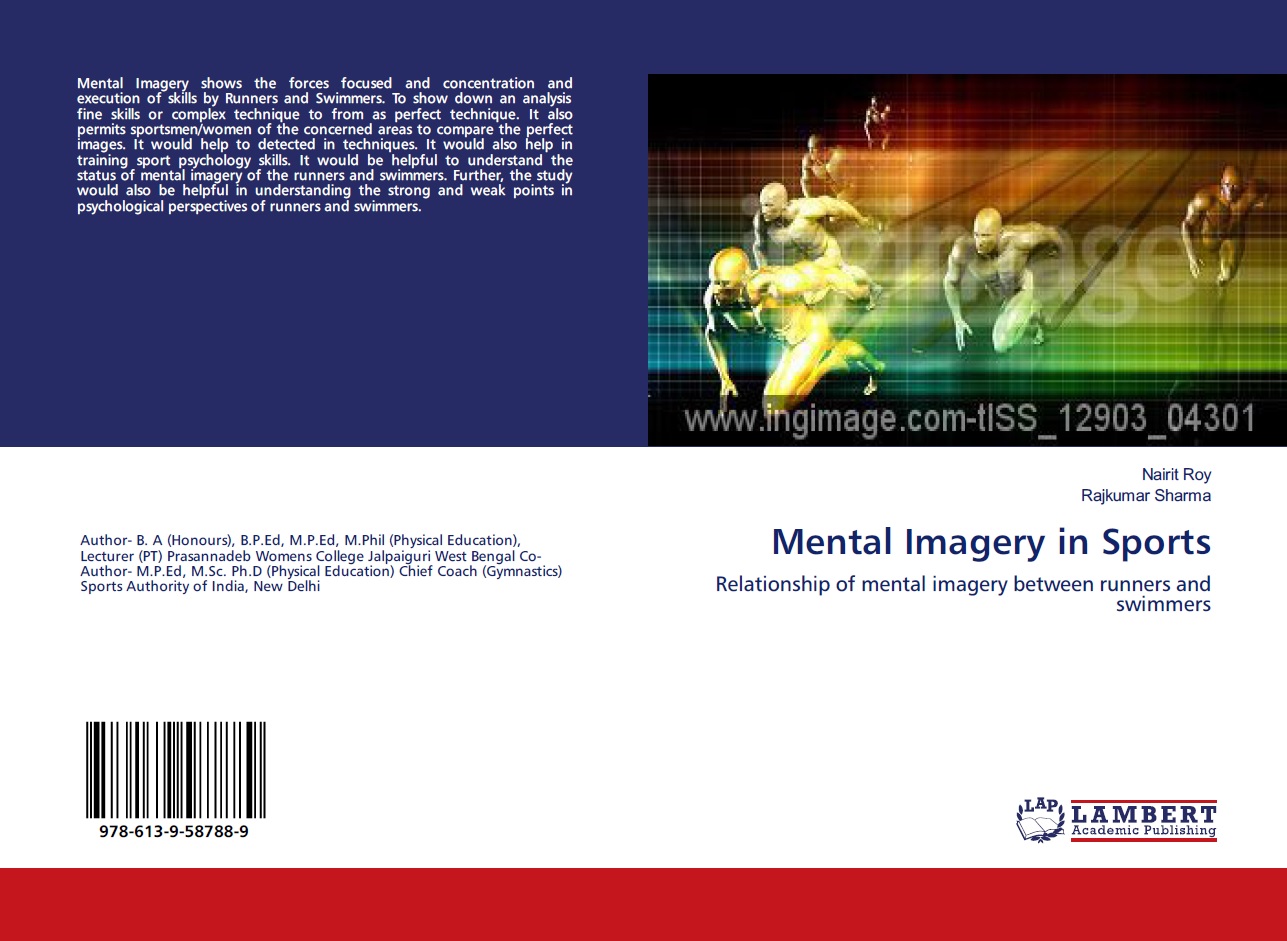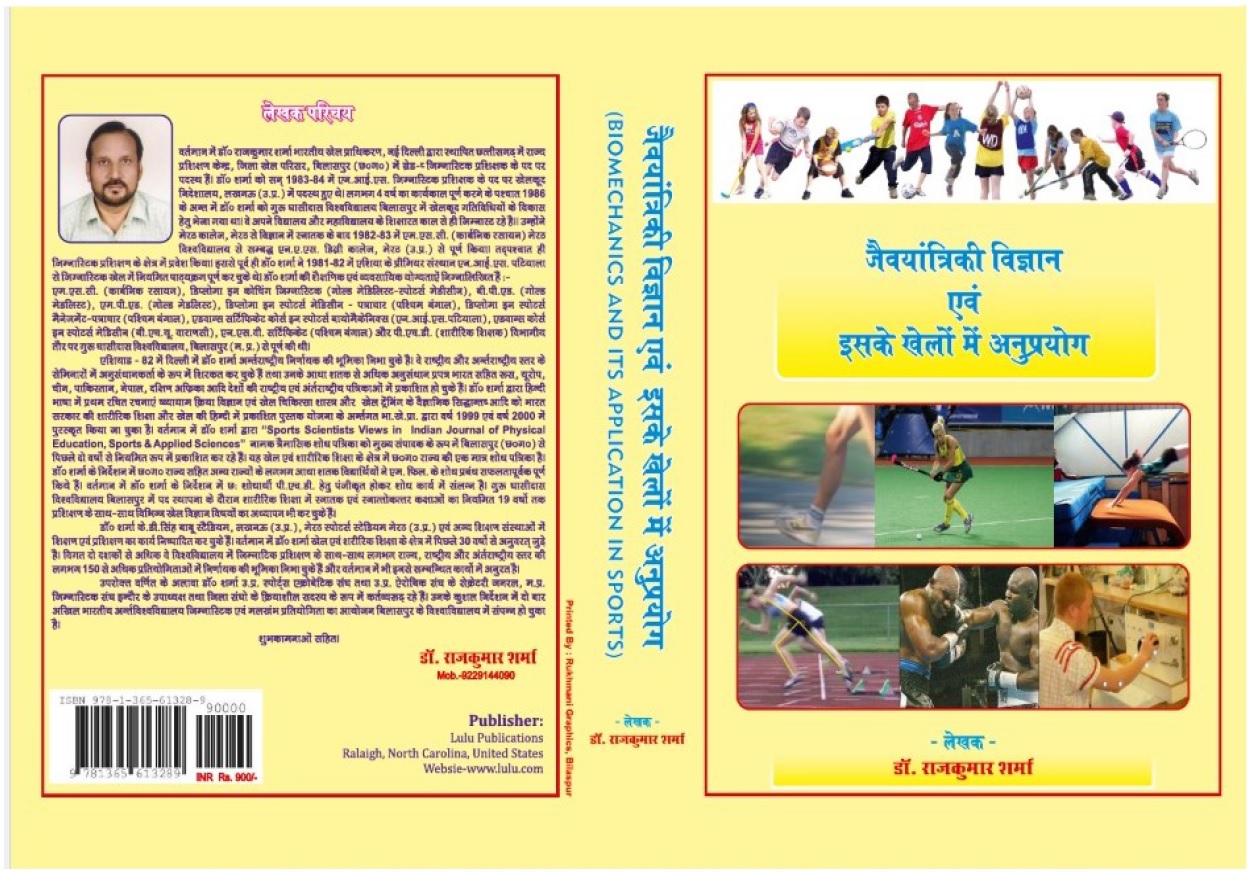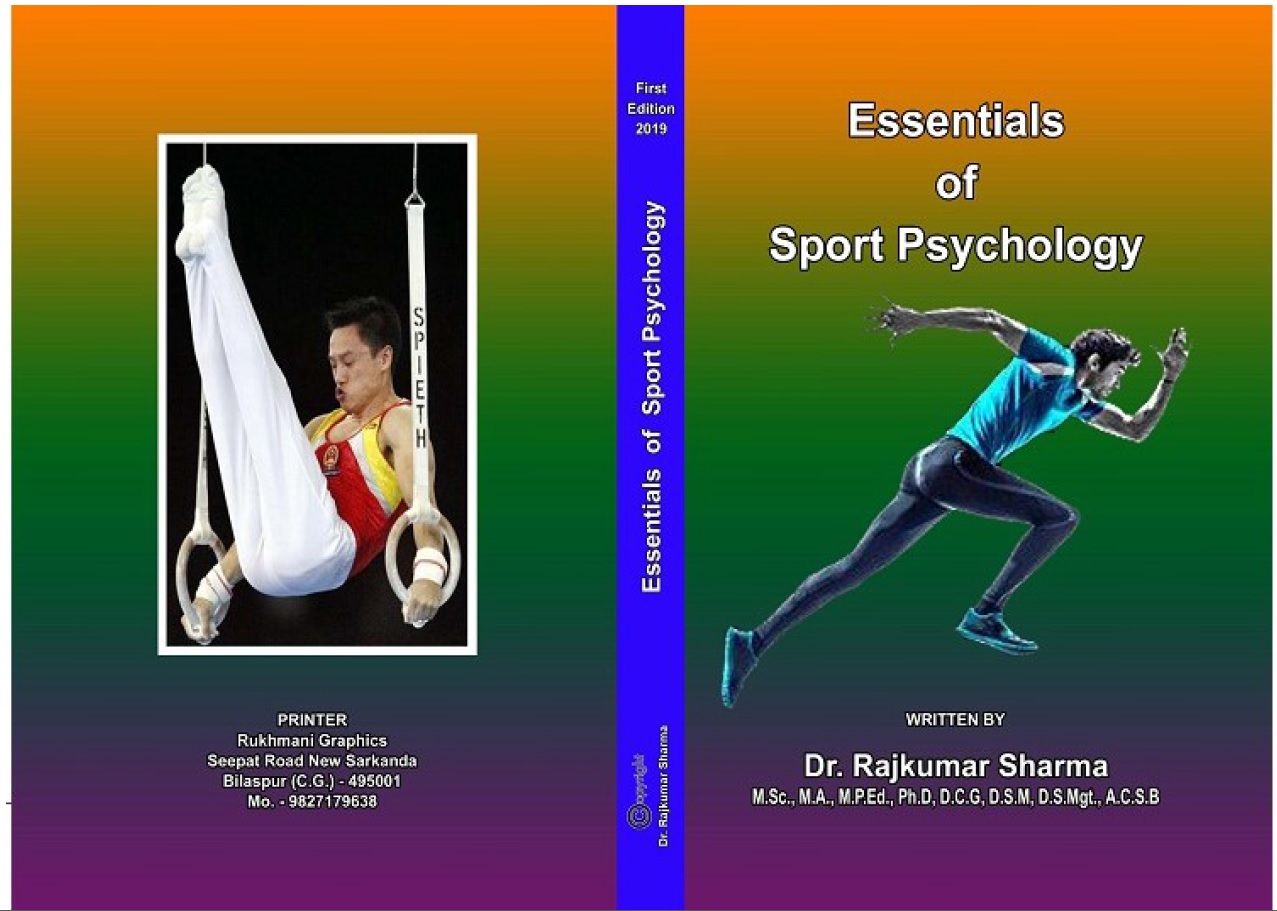Journal Information
Author Information
Reviewer's Desk
Download
latest Updates
Advertisement
MOTIVATION, CHALLENGES AND SUPPORT FOR DUAL CAREERS OF ELITE STUDENT ATHLETES OF STATE UNIVERSITIES IN SRI LANKA
Articles:
| S.No. | Total View Count | Title of Manuscript | Page No | Download/ PDF |
|---|---|---|---|---|
| 1 | MOTIVATION, CHALLENGES AND SUPPORT FOR DUAL CAREERS OF ELITE STUDENT ATHLETES OF STATE UNIVERSITIES IN SRI LANKA Author: Thisuri R. Ekanayake1, Akhila I. Nilaweera2, Jayampathy K. Dissanayake3 | 148-158 |  7 7 |
Article info
https://doi.org/10.17605/OSF.IO/J67CR
doi no.: 05-2016-44975451, DOI Link :: https://doi-ds.org/doilink/06.2021-58253838/IJPESAS/V11/I2/A22
AFFILIATIONS:
- Faculty of Arts, University of Colombo, Colombo, Sri Lanka, 2016ba21062@stu.cmb.ac.lk
- Faculty of Medicine, University of Colombo, Colombo, Sri Lanka medmbbs140509 @stu.cmb.ac.lk)
- Department of Anatomy, Faculty of Medicine, University of Peradeniya, Peradeniya, Sri Lanka (jayamkd@yahoo.com)
ABSTRACT
Although few students may achieve an elite status in sports while pursuing academic qualifications, dual careers have many positive impacts including recognition to the country and the creation of better professionals. Understanding the strengths, challenges, weaknesses and opportunities in the existing system is essential in planning and implementing successful career transition programs. In the present study, undergraduate athletes categorized as elites on the basis of performance and competition participation, were interviewed on their motivation, and perception of factors associated with dual careers. 12 who expressed consent were selected from the University of Colombo and University of Peradeniya. Interpretative Phenomenological Analysis was used as the approach to analyze the results obtained through semi- structured guided interviews on an online platform. Extrinsic and Intrinsic motivation were studied using Deductive Thematic Analysis based on Self-Determination Theory. The participants indicated a high level of motivation for a dual career during the undergraduate period, and several wished to continue their elite athletic career with an occupation based on their graduate qualifications. Many perceived that a dual career improved personal and professional development, but indicated difficulty in balancing their activities in the absence of sufficient support systems. Inflexible academic programs, lack of academic staff cooperation, financial constraints, social norms, disparity between sports, insufficient opportunities and lack of research based implementation were seen as major challenges. An absence of programs supporting dual careers has been a major obstacle for the student athletes of state universities of Sri Lanka, and future strategies require enhancing the strengths identified, while mitigating perceived challenges.
Keywords: Dual career, Career transition, Motivation.
References
Brustio P. R., Rainoldi, A., Mosso, C. O., Subijana, C. L. and Lupo, C. (2019). Actual and Wished Supports to Promote a Successful Dual Career According to Italian Student?athletes’ Point of View. Sport Sciences for Health, 16 (2020), 625–634. doi: 10.1007/s11332-020-00635-5
Condello, G., Capranica, L., Doupona, M., Varga, K. and Burk V. (2019). Dual-career Through the Elite University Student-athletes’ Lenses: The International FISU-EAS Survey. PLOS ONE, 14(10), 1-18. doi: 10.1371/journal.pone.0223278
Davis, P., Halvarsson A., Lundström W. and Lundqvist, C. (2019). Alpine Ski Coaches’ and Athletes’ Perceptions of Factors Influencing Adaptation to Stress in the Classroom and on the Slopes. Frontiers in Psychology, 10(1641). doi: 10.3389/fpsyg.2019.01641
Deci, E. L., and Ryan, R. M. (2008). Self-determination theory: A macrotheory of human motivation, development, and health. Canadian Psychology/Psychologie canadienne, 49(3), 182–185. doi: 10.1037/a0012801
European Commission. (2012). EU Guidelines on Dual Careers of Athletes. Retrieved from https://ec.europa.eu/info/index_en
Geraniosova, K. and Ronkainen, N. (2014). The Experience of Dual Career through Slovak Athletes’ Eyes. Physical Cultural and Sport. Studies and Research, 66(1), 53-64. doi: 10.1515/pcssr-2015-0005
Gomez, J., Bradely J., and Conway P. (2018). The Challenges of a High-performance Student Athletes. Irish Educational Studies, 37(3), 329-349. doi: 10.1080/03323315.2018.1484299
Kristiansen, E. (2016). Walking the Line: How Young Athletes Balance Academic Studies and Sport in International Competition. Sports in Society, 20(1), 47-65. doi: 10.1080/17430437.2015.1124563
Liyanaarachchi, I. A. and Amarawansha, H. C. (2018). Impact of Employees’ Engagement in Sport Activities on Job Performance in Sri Lankan Business Organizations. Proceedings of the International Research Symposium of Uwa Wellassa University, Badulla, February 1-3. Retrieved from http://www.erepo.lib.uwu.ac.lk/handle/123456789/1538
Marinsek, M. (2015). Dual Career in Higher Education. Proceedings of the 2nd International Scientific Congress Slovenian Gymnastics Federation, Portoroz, Slovenian, January 23. 2015 Book of Abstracts and Book of Proceedings, ISBN 978-961-6733-10-6, PP. 79-83
Miller, P. S. and Kerr, G. (2002). The athletic, academic and social experiences of intercollegiate student athletes. Journal of Sport Behavior, 25(4), 346–367. doi: https://psycnet.apa.org/record/2002-06588-003
Puskás, A. L. and Perényi, S. (2015). Medals and Degrees: Factors Influencing Dual Career of Elite Student Athletes at the University of Debrecen, Applied Studies in Agribusiness and Commerce, 9(1-2), 93-98. doi: 10.22004/ag.econ.210621
Anoma Rathnayaka, M. K. A. (2015). Sports Development Process in Sri Lanka. Unpublished Master’s thesis, Department of Physical Education Graduate School, Seoul National University.
Shinebourne, P. (2011). The Theoretical Underpinnings of Interpretative Phenomenological Analysis (IPA). Existential Analysis, 22(1), 16–31.
Silva, M. and Nayomali M. (2017). Continued Sport Participation Constraints of University Student Athletes: Special Reference from University of Kelaniya. IOSR Journal of Sports and Physical Education, 4(5), 09-15. doi: https://doi.org/10.9790/6737-04050915
Simiyu, W. N. (2010). Individual and institutional challenges facing student athletes on U.S. college campuses. Journal of Physical Education and Sports Management, 1(2), 16-24. doi: 10.5897/JPESM.9000012
Sorkkila, M., Ryba, T. V., Aunola, K. and Salmela-Aro, K. (2007). Sport Burnout Inventory—Dual Career Form for Student-Athletes: Assessing Validity and Reliability in a Finnish Sample of Adolescent Athletes. Journal of Sport and Health Science, 9(4), 358-366. doi: 10.1016/j.jshs.2017.10.006
Subijana C. L., Barriopedro, M. and Conde, E. (2015). Supporting dual career in Spain: Elite athletes' barriers to study. Psychology of Sport and Exercise, 21(2015), 57–64. doi: 10.1016/j.psychsport.2015.04.012
Sukirthana, U. and Arulrajahb A. A. (2016). Sports Participation of Faculty of Commerce and Management Students in Eastern University, Sri Lanka. Mentor - Journal of Business Studies, 1(1), 30-44.
Wilson, G. and Pitchard, M. (2005). Comparing Sources of Stress in College Student Athletes and Non-Athletes. The Online Journal of Sports Psychology, 7(1).
Wimalasiri, H. and Jayatilake, L. (2016). Extracurricular activities and achievements of strategic thinkers in private sector companies in Sri Lanka. International Journal of Arts and Commerce, 5(4), 30-42.
Wylleman, P., and Rosier, N. (2016). Holistic Perspective on the Development of Elite Athletes. In M. Raab, P. Wylleman, R. Seiler, A.-M. Elbe, and A. Hatzigeorgiadis (Ed.), Sport and exercise psychology research: From theory to practice (pp. 269–288). Elsevier Academic Press. doi: 10.1016/B978-0-12-803634-1.00013-3
 admin@sportscientistsviews.com
admin@sportscientistsviews.com

